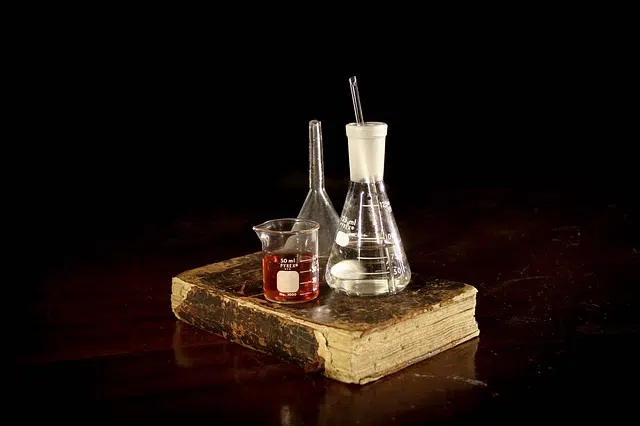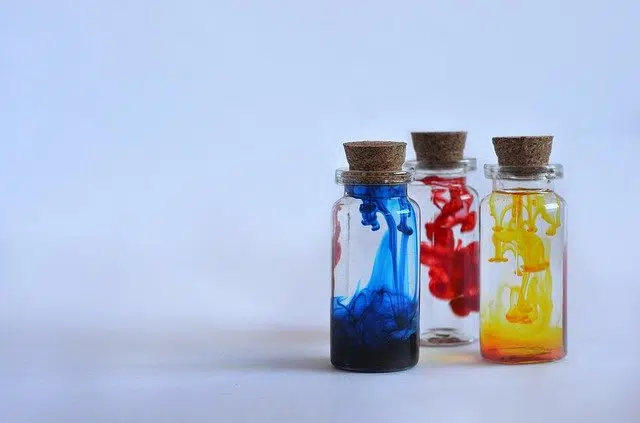
Alchemy is often mentioned as a protoscience.
The etymological origin of the term alchemy is found in Greek. Specifically, we can determine that it is found in the word chemia , which can be defined as "mixture of liquids." The aforementioned word was the one that was used to later create alchemy as such, which was established by the Arabs who were the ones who created the term alkímya .
Origin of alchemy
Alchemy is an esoteric belief that is linked to the transmutation of matter . The practices and experiences of alchemy were key in the original development of chemistry , as alchemists searched for the philosopher's stone to transform any metal into gold.
Alchemy is considered a protoscience or philosophical discipline that includes notions of chemistry, physics , astrology, metallurgy, spiritualism and art . Schools of alchemy were very popular for about 2,500 years , in regions such as Mesopotamia , Ancient Egypt , China , India , Ancient Greece and the Roman Empire .
"The Alchemist" by Paulo Coelho
The mystery and magic that surround alchemy and the search for that aforementioned stone have led to the development of a large number of works in art that revolve around them. Thus, for example, we find the literary work of Paulo Coelho entitled “The Alchemist”. It is a work that brings us closer to the life of a young Spanish shepherd, named Santiago, who leaves his land to live a thousand and one adventures in order to achieve his dream.
In this way, with this narrative what the famous Brazilian writer does is propose to us the idea that we have to fight to achieve our dreams, that destiny acts so that we can make them come true and that, sometimes, we do not realize everything. that we have until we lose it.

Alchemists searched for the elixir of life.
Likewise, there are other works, literary and cinematographic, that also deal with the topic that concerns us now. This would be the case of the first film in the literary saga about a young wizard created by JKRowling: “Harry Potter and the Philosopher's Stone”. A production where we are told how the protagonist's rival, Voldemort, is searching for the mythical philosopher's stone to increase his power since it has extraordinary properties.
The philosopher's stone and the elixir in alchemy
Despite its various forms and currents, alchemy is currently closely associated with the search for a process that allows transforming any element into gold and the ability to achieve eternal life.
Alchemists believed that the red philosopher's stone was capable of transmuting ignoble metals into gold, while the white philosopher's stone could transform ignoble metals into silver.
The philosopher's stone also appears linked to the elixir of life , a substance that would cure all diseases and enable eternal life. Despite the nonexistence of this potion, many alchemists, such as Paracelsus , made important discoveries in pharmaceuticals.
It should be noted that, in theory, it is not impossible to convert lead into gold. To achieve this, it would be necessary to extract three of the 82 protons from a lead atom and obtain a gold atom (of 79 protons). However, in practice, energy projections make this transmutation impossible.
